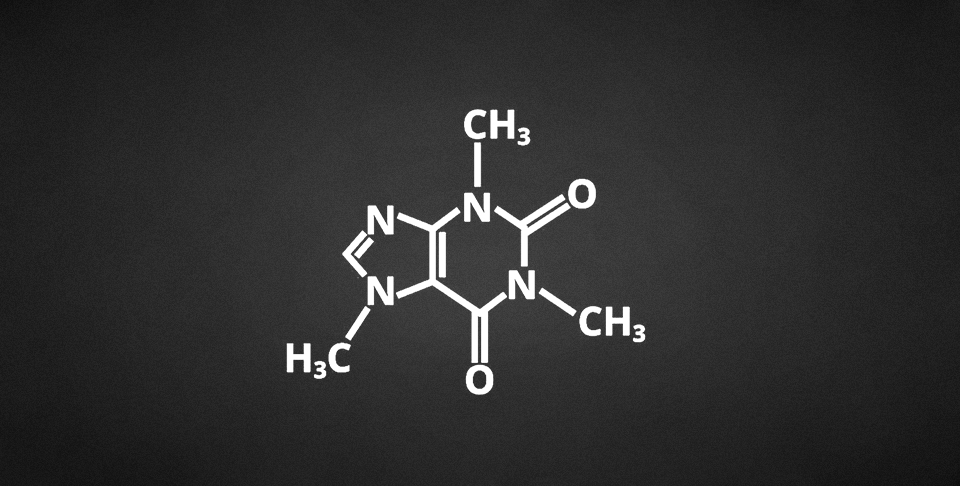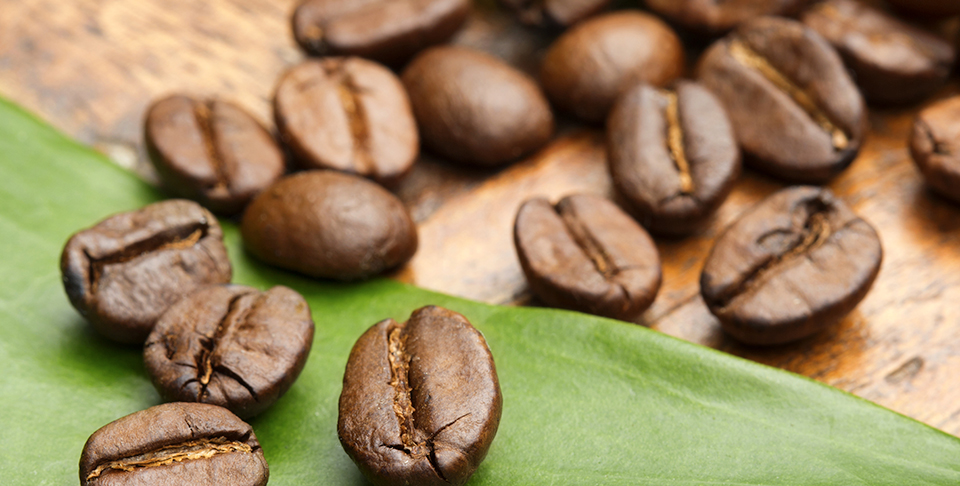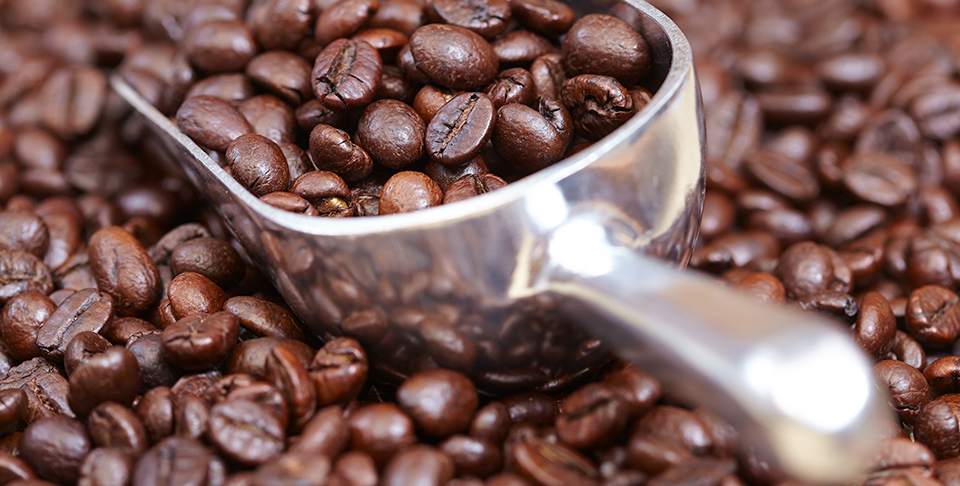Introduction:
Welcome to the world of supplements, where every ingredient plays a significant role in optimizing your fitness & performance. One such powerhouse ingredient is caffeine. In this article, we will explore the rich history, different types, & incredible benefits of caffeine. We'll also delve into its role in pre-workouts and fat burners, empowering you to make informed choices & unlock your full potential.
I. The History of Caffeine:
Caffeine's story stretches back centuries, with its usage dating back to ancient civilizations. From the traditional tea ceremonies of East Asia to the discovery of coffee in Ethiopia, caffeine has left an indelible mark on human culture & vitality. Today, caffeine is one of the most widely consumed natural stimulants globally.
II. What is Caffeine?
Caffeine is a naturally occurring compound found in various plants, including coffee beans & tea leaves. As a central nervous system stimulant, it acts by blocking adenosine receptors, reducing fatigue, & increasing alertness. This mechanism sets the stage for the multitude of benefits caffeine offers.
 III. Types of Caffeine:
III. Types of Caffeine:
Not all caffeine is created equal. In the supplement world, you'll encounter different types of caffeine, such as anhydrous & natural caffeine. While anhydrous caffeine is dehydrated & highly concentrated, natural caffeine retains the natural compounds found in the source plant. Understanding these distinctions can help you choose the right caffeine form for your needs.
Here's a list of different types and variations of caffeine along with a brief explanation of each:
- Anhydrous Caffeine: It is a highly concentrated form of caffeine that has been dehydrated, resulting in a powdered or crystalline form. It is commonly used in supplements & offers a potent & fast-acting source of caffeine.
- Natural Caffeine: Derived from natural sources such as coffee beans or tea leaves, natural caffeine retains the other natural compounds present in the source plant. Some individuals may find that they respond differently to natural caffeine compared to synthetic caffeine due to these additional compounds.
- Caffeine Citrate: This form of caffeine is commonly used in medical settings, especially for infants or individuals who may require a liquid form of caffeine for medical reasons. It is often prescribed to treat apnea of prematurity or to stimulate the central nervous system.
- DiCaffeine Malate: This is a form of caffeine that combines caffeine with malic acid. It is often used in fat burners or pre-workout supplements & is believed to provide a sustained energy release & reduced potential for crashing or jitters.
- Caffeine Alkaloid Complex: This term refers to a complex mixture of alkaloids found in caffeine sources such as coffee or tea. It represents the natural combination of caffeine with other naturally occurring compounds in the source plant.
IV. The Main Benefits of Caffeine:
Caffeine offers a plethora of benefits that can fuel your fitness journey:
- Increased Energy & Reduced Fatigue: Caffeine stimulates the central nervous system, providing a surge of energy & combating fatigue, allowing you to push harder during workouts.
- Enhanced Focus & Cognitive Function: By blocking adenosine receptors, caffeine improves mental focus, attention, & cognitive function, enabling you to stay sharp and focused on your goals.
- Performance & Endurance Boost: Caffeine has been extensively studied for its ability to enhance physical performance & endurance. It can improve power output, delay fatigue, & increase time to exhaustion.
- Fat Loss & Metabolism Boost: Caffeine stimulates thermogenesis, increasing calorie expenditure & promoting fat oxidation. It can aid in weight management and support your fat loss goals.
V. The Role of Caffeine in Pre-Workouts & Fat Burners:
Pre-workout supplements & fat burners often harness the power of caffeine to amplify their effects:
- Pre-Workouts: Caffeine in pre-workout supplements serves as a key ingredient to boost energy, focus, & overall workout performance. It can provide the extra push you need to conquer your workout sessions.
- Fat Burners: Caffeine plays a pivotal role in fat burners by increasing metabolism, suppressing appetite, & mobilizing stored fat. When combined with a balanced diet and exercise, it can help you achieve your weight loss goals.
VI. Performance & Endurance Enhancement:
Numerous scientific studies support the performance-enhancing effects of caffeine. It can:
- Improve Endurance: Caffeine can increase endurance performance, allowing you to train harder for longer.
- Enhance Power Output: It has been shown to improve power output, making it beneficial for explosive activities like weightlifting or sprinting.
- Optimal Dosage & Timing: To reap the benefits, it's important to find your optimal caffeine dosage & consider the timing of consumption.
VII. Mental Focus & Cognitive Function:
In addition to physical benefits, caffeine can act as a nootropic & sharpen your mental acuity:
- Heightened Alertness: Caffeine promotes wakefulness & alertness, making it a valuable ally when you need to be mentally sharp.
- Improved Reaction Time: Studies indicate that caffeine can enhance reaction time, making it particularly useful for sports or activities requiring quick reflexes.
- Study & Work Productivity: Harness the cognitive benefits of caffeine to stay focused, concentrate, & improve productivity during intense study or work sessions.
VIII. Fat Loss & Metabolism Boost:
Caffeine's impact on fat loss and metabolism make it a favoured ingredient in weight management:
- Thermogenesis and Fat Oxidation: Caffeine stimulates thermogenesis, increasing calorie expenditure & promoting the breakdown of stored fat.
- Effective Weight Management: When combined with a well-rounded diet & regular exercise, caffeine can aid in weight management & help you achieve your desired body composition.
IX. Potential Side Effects & Considerations:
While caffeine offers numerous benefits, it's essential to be mindful of potential side effects and individual sensitivities:
- Moderate Consumption: Excessive caffeine intake can lead to side effects such as jitters, increased heart rate, or sleep disturbances. Moderation is key.
- Individual Tolerance: Everyone has a different caffeine tolerance level, so listen to your body & adjust your intake accordingly.
- Health Considerations: Individuals with specific health conditions or sensitivities should consult healthcare professionals before incorporating caffeine into their supplement regimen.
Caffeine FAQs
- What supplements should not be taken with caffeine? It is generally recommended to avoid combining caffeine with certain supplements that contain other stimulants. Combining multiple stimulants can potentially increase the risk of side effects like elevated heart rate or blood pressure. Always read product labels.
- What vitamins are depleted by caffeine? Caffeine can have a diuretic effect, which may lead to increased urination & potentially impact the balance of certain vitamins & minerals. Specifically, excessive caffeine intake may increase the excretion of water-soluble vitamins like vitamin B & vitamin C. To mitigate any potential imbalances, maintaining a balanced diet rich in a variety of fruits, vegetables, & whole foods is crucial.
- Does caffeine diminish the effects of creatine? No, caffeine does not diminish the effects of creatine. In fact, research suggests that caffeine may enhance the benefits of creatine supplementation. While caffeine & creatine can both increase performance & strength, their mechanisms of action differ. When used together, they can provide complementary effects, leading to synergistic benefits for athletes and fitness enthusiasts.
- What is a high daily amount of caffeine for a regular user of pre-workouts or fat burners? The optimal caffeine intake varies depending on individual tolerance & sensitivity. For regular users of pre-workouts or fat burners, a high daily amount of caffeine is generally considered to be around 400-600 milligrams (mg). It's important to note that caffeine content can vary among products, so carefully read labels & consider other sources of caffeine in your diet, such as coffee or tea, to manage your overall intake.
- What is the half-life of caffeine? The half-life of caffeine refers to the time it takes for the body to eliminate half of the caffeine consumed. On average, the half-life of caffeine in healthy adults is approximately 3 to 5 hours. This means that if you consume 200 mg of caffeine, it would take around 3 to 5 hours for your body to eliminate 100 mg of caffeine. However, individual factors such as metabolism, liver function, & other variables can influence caffeine's half-life in different individuals.
In Conclusion:
Caffeine, a remarkable & versatile compound, holds immense potential to elevate your fitness journey. From increased energy & endurance to enhanced focus & fat loss, its benefits are far-reaching. Whether in pre-workouts or fat burners, caffeine can be a powerful ally in achieving your fitness goals. Embrace the power of caffeine responsibly, make informed choices, & witness the transformation it brings to your performance & well-being.
References
- McLellan, T. M., Caldwell, J. A., & Lieberman, H. R. (2016). A review of caffeine's effects on cognitive, physical & occupational performance. Neuroscience & Biobehavioral Reviews, 71, 294-312.
- Temple, J. L., Bernard, C., Lipshultz, S. E., Czachor, J. D., Westphal, J. A., & Mestre, M. A. (2017). The Safety & Efficacy of Energy Drinks. Nutrition Reviews, 75(2), 104–128.
- Ribeiro, J. A., & Sebastião, A. M. (2010). Caffeine & adenosine. Journal of Alzheimer's Disease, 20(S1), S3-S15.
- Nehlig, A. (2018). Interindividual Differences in Caffeine Metabolism & Factors Driving Caffeine Consumption. Pharmacological Reviews, 70(2), 384-411.
- James, J. E. (2014). Critical review of dietary caffeine & blood pressure: a relationship that should be taken more seriously. Psychosomatic Medicine, 66(1), 63-71.
- Glade, M. J. (2010). Caffeine-Not just a stimulant. Nutrition, 26(10), 932-938.
- Addicott, M. A. (2014). Caffeine Use Disorder: A Review of the Evidence & Future Implications. Current Addiction Reports, 1(3), 186-192.
- Meredith, S. E., Juliano, L. M., Hughes, J. R., & Griffiths, R. R. (2013). Caffeine Use Disorder: A Comprehensive Review & Research Agenda. Journal of Caffeine Research, 3(3), 114-130.
- Smith, A. (2002). Effects of caffeine on human behaviour. Food & Chemical Toxicology, 40(9), 1243-1255.








